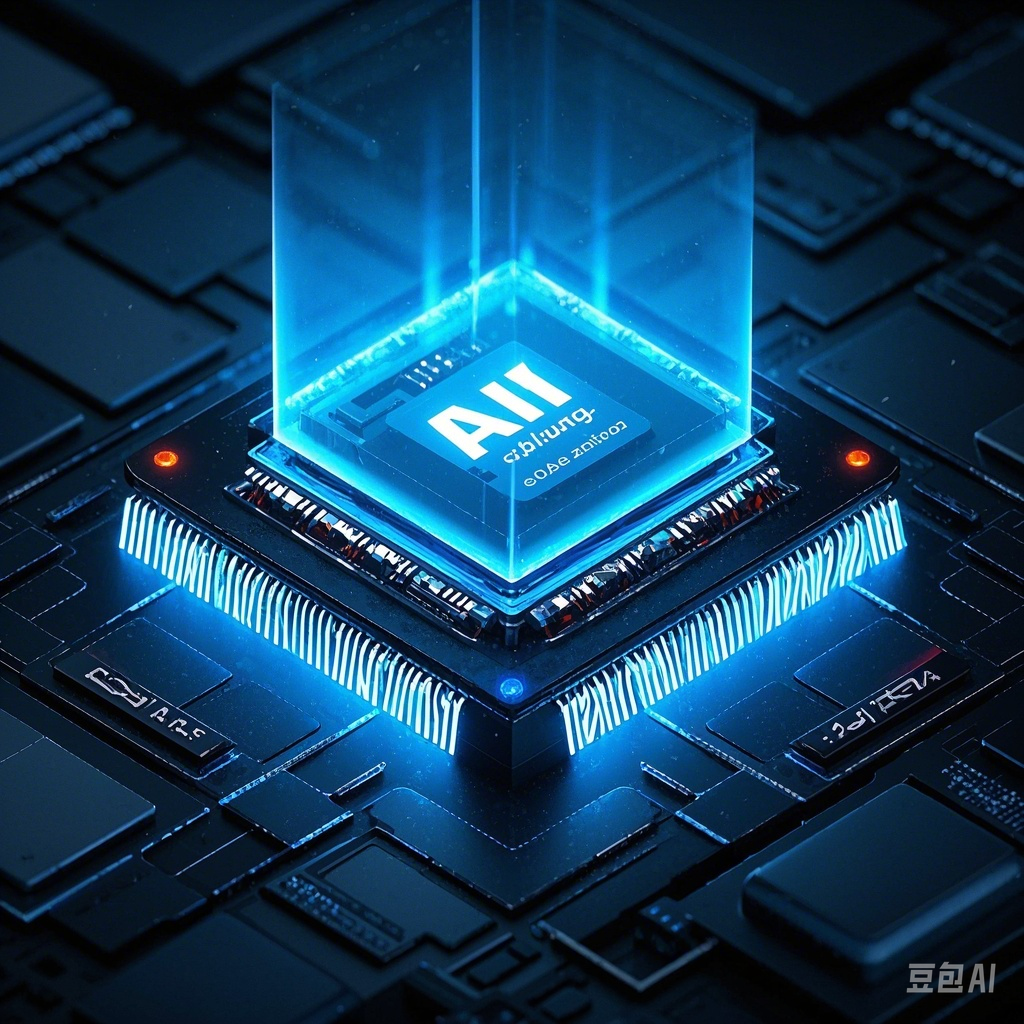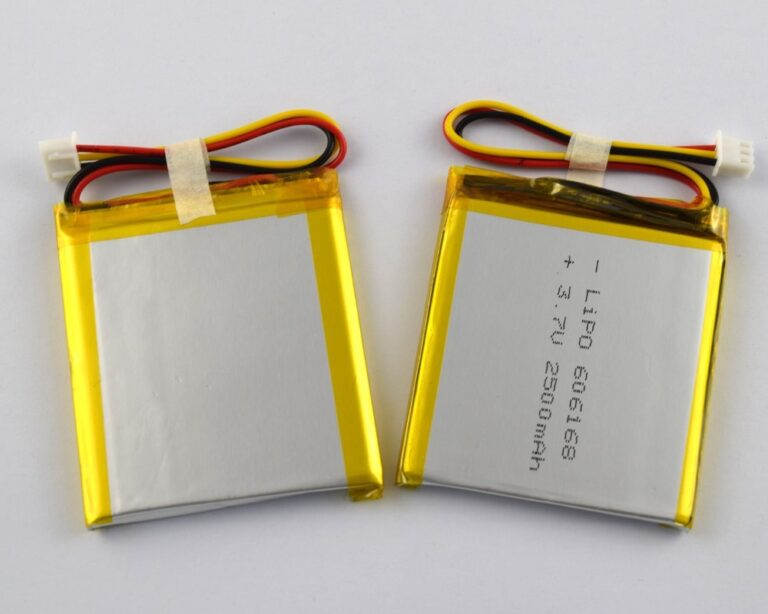Meta Description: Explore how polymer lithium batteries (LiPo) are revolutionizing AI technology through high energy density, safety, and AI-driven innovation. Discover their applications in drones, medical devices, and more.
Introduction
As artificial intelligence (AI) continues transforming industries—from healthcare to autonomous vehicles—the demand for reliable, efficient power sources has never been more significant. Polymer lithium (LiPo) batteries, celebrated for their lightweight design, high energy density, and flexibility, are emerging as the go-to solution for powering AI-driven devices. Combined with AI’s predictive capabilities, these batteries are not just powering innovations—they’re redefining energy efficiency and sustainability.
As artificial intelligence (AI) continues transforming industries—from healthcare to autonomous vehicles—the demand for reliable, efficient power sources has never been more significant. Polymer lithium (LiPo) batteries, celebrated for their lightweight design, high energy density, and flexibility, are emerging as the go-to solution for powering AI-driven devices. Combined with AI’s predictive capabilities, these batteries are not just powering innovations—they’re redefining energy efficiency and sustainability.
AI-Driven Breakthroughs in Battery Technology
AI is accelerating advancements in LiPo battery design. Researchers at 复旦大学,for example, used machine learning to develop a “一针治疗” technique that rejuvenates aged batteries by restoring lithium-ion mobility. This breakthrough extends battery lifespans from 2,000 to over 60,000 cycles, reducing electronic waste and enabling eco-friendly materials. Similarly, AI algorithms optimize solid-state electrolytes, enhancing thermal stability and charging speed—critical for AI hardware safety.
AI is accelerating advancements in LiPo battery design. Researchers at 复旦大学,for example, used machine learning to develop a “一针治疗” technique that rejuvenates aged batteries by restoring lithium-ion mobility. This breakthrough extends battery lifespans from 2,000 to over 60,000 cycles, reducing electronic waste and enabling eco-friendly materials. Similarly, AI algorithms optimize solid-state electrolytes, enhancing thermal stability and charging speed—critical for AI hardware safety.
Why LiPo Batteries Excel in AI Applications
LiPo batteries outperform traditional chemistries in AI devices due to:
LiPo batteries outperform traditional chemistries in AI devices due to:
- High Energy Density: Ideal for compact AI systems like edge computing devices and wearable sensors.
- Flexible Design: Malleable form factors fit seamlessly into sleek, portable products.
- Low Self-Discharge: Ensures consistent standby power for medical monitoring tools and remote sensors.
- Fast Charging: Reduces downtime for AI-driven drones and autonomous robots.
AI-Powered Battery Management Systems (BMS)
AI doesn’t just improve battery design—it optimizes performance in real-time. Machine learning models analyze usage patterns, temperature data, and charging cycles to predict failures, extend lifespan, and enhance safety. For instance, predictive analytics in electric vehicles detect thermal runaway risks, a technology equally vital for AI hardware. This proactive approach cuts maintenance costs and boosts reliability.
AI doesn’t just improve battery design—it optimizes performance in real-time. Machine learning models analyze usage patterns, temperature data, and charging cycles to predict failures, extend lifespan, and enhance safety. For instance, predictive analytics in electric vehicles detect thermal runaway risks, a technology equally vital for AI hardware. This proactive approach cuts maintenance costs and boosts reliability.
Applications Shaping Industries
- Healthcare: LiPo batteries power AI-enabled portable diagnostics and robotic surgery tools, ensuring mobility without compromising performance.
- Transportation: Autonomous vehicles rely on LiPo energy storage for lightweight, high-power operation.
- Consumer Electronics: Drones, smartwatches, and VR headsets leverage LiPo’s compact design for extended runtime.
Sustainability and the Future
As AI scales, sustainability becomes critical. LiPo batteries, with recyclable components and reduced environmental impact, align with global green initiatives. AI further drives progress by optimizing recycling processes, and recovering materials like lithium and cobalt efficiently.
As AI scales, sustainability becomes critical. LiPo batteries, with recyclable components and reduced environmental impact, align with global green initiatives. AI further drives progress by optimizing recycling processes, and recovering materials like lithium and cobalt efficiently.
Conclusion
Polymer lithium batteries are the unsung heroes of AI innovation, delivering the power and reliability needed for next-gen devices. With AI’s help, they’re evolving into smarter, safer, and more sustainable solutions. As industries embrace this partnership, the future of energy-efficient, AI-driven technology looks boundless.
Polymer lithium batteries are the unsung heroes of AI innovation, delivering the power and reliability needed for next-gen devices. With AI’s help, they’re evolving into smarter, safer, and more sustainable solutions. As industries embrace this partnership, the future of energy-efficient, AI-driven technology looks boundless.





